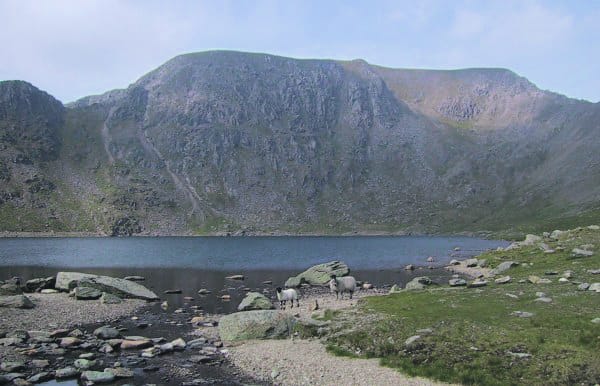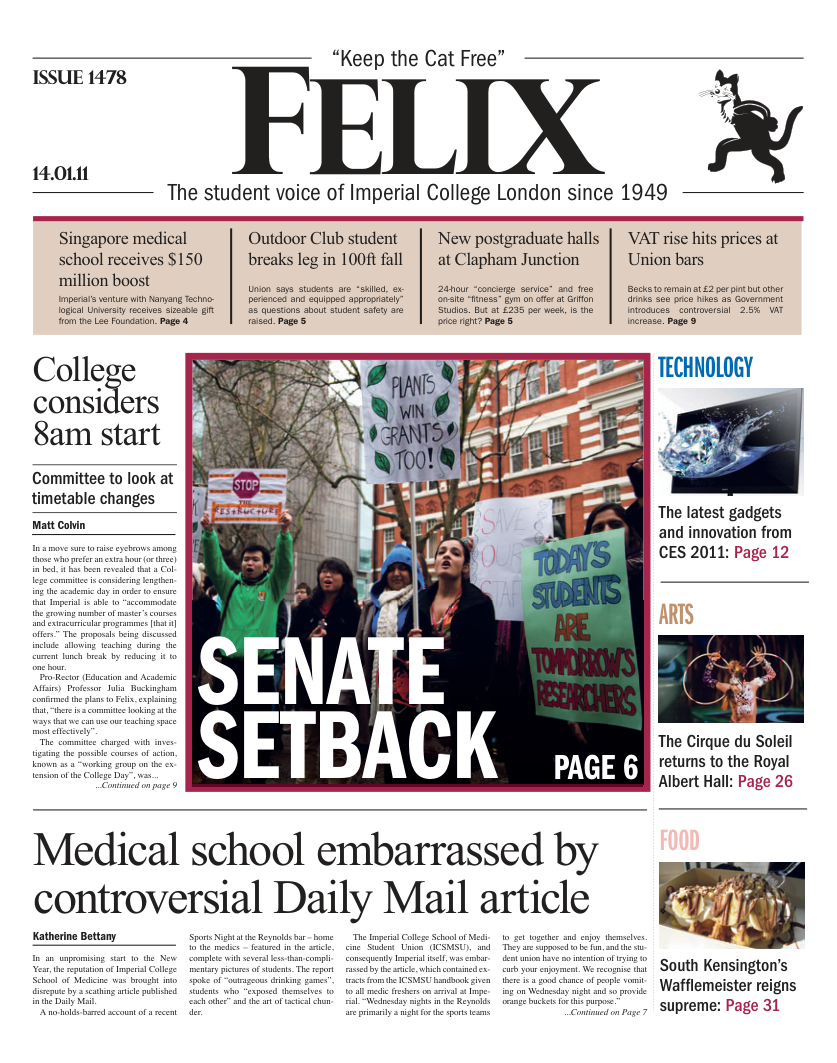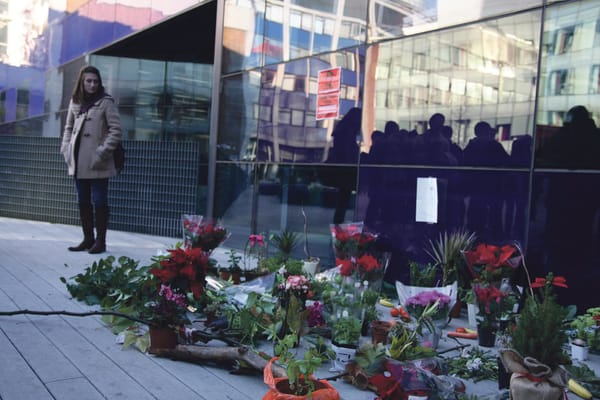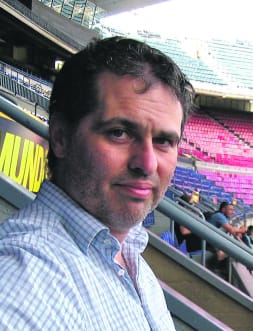Outdoor Club accident raises safety fears
Union says students are “skilled, experienced and equipped appropriately” but eyewitness disputes Union account

A club trip took a turn for the worse last November when a member of the Outdoor Club fell 100ft while climbing in the Lake District. The injured student was winter climbing on the slopes of Helvellyn, the third highest peak in England, with a small group of other Imperial students on the 27th of November when the incident occurred.
A passerby was able to contact Patterdale Mountain Rescue and the student, who had suffered a broken femur, was airlifted to safety by a Royal Navy Sea King helicopter to a hospital in Whitehaven.
A spokesperson for Imperial College Union (ICU) confirmed the incident, praising the action that the group took: “The incident occurred… while climbing a winter grade II snow slope. During the climb the student in question took a fall, sliding down the slope and coming to a halt. When the incident occurred the group dealt with it appropriately, rendering help from other people climbing in the area and calling the local mountain rescue team… ICU are grateful to the others climbing in the area that day, and the volunteers of the Patterdale Mountain Rescue Team for their assistance. All reporting procedures were followed correctly.”
The spokesman added that “the group were skilled, experienced and equipped appropriately for the conditions and activities being undertaken.”
However, an eyewitness to the incident disputes this claim. Rebecca Waugh, the individual who contacted Mountain Rescue, criticised the climbers in a forum post on ukclimbing.com, claiming that the group was “completely unprepared for a day out on the hill”.
She listed multiple complaints about the group such as there being “no suitably experienced or qualified leader, no charged up mobile phones, no decent head torches, unsuitable footwear, broken crampons hanging off their beltloops, unsuitable clothing incorrectly fitting harnesses and no emergency shelter”.
She also described seeing the student fall from “the top of Helvelyn Head Wall onto the rocks below” and how they feared that the student had died: “[we made our way] to what we thought would be a dead body.”
When contacted by Felix about her post, Ms. Waugh was keen to state that the complaints were not “a dig at the club or the persons in general” but instead aimed to highlight “the unique position that University clubs find themselves in”.
She went on to argue that said clubs suffer from “skill shortages due to a number of factors such as age and experience of members, skill drain resulting from members leaving after a few years, financial constraints and a lack of knowledge with regards to the correct usage of kit, clothing and equipment.”
The ICU spokesman responded to these claims, stating that “members of the public are entitled to their own opinions and are free to post their views on online forums.”
Robin Jones, Chairman of the Outdoor Club, declined to comment on either the incident or the claims against the individuals involved.
This type of situation is not unheard of amongst Imperial’s societies. In February 2010, Felix reported on a member of Imperial College Mountaineering Club who also fell 100ft while climbing in North Wales.









